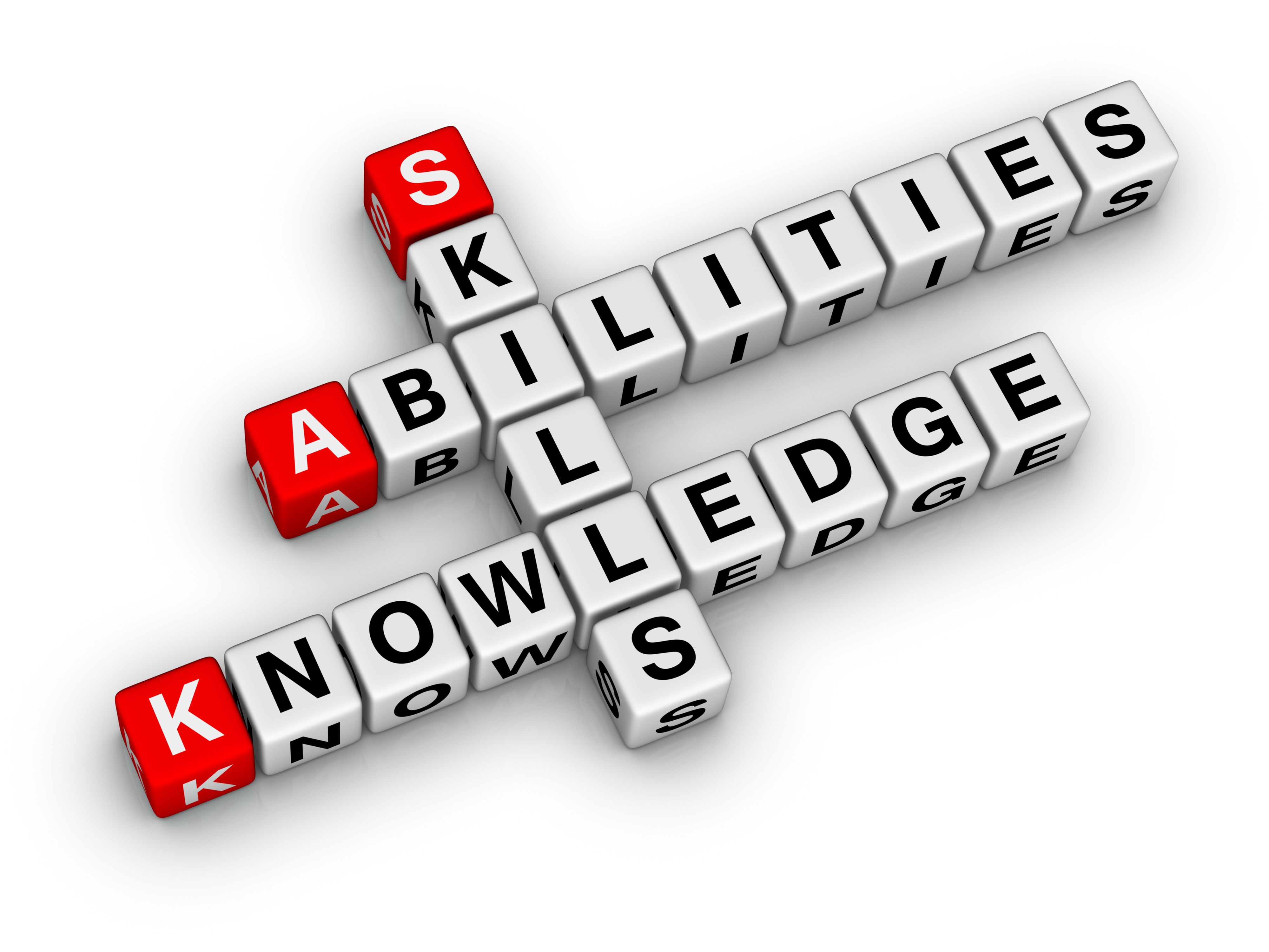For most of my career, educators focused on the content and skills to be imparted to students. It was what they needed to know and what they needed to know how to do. Some of us had content-rich courses. Others focused more on skills. Either way, we missed something crucial.
Today's world presents challenges to citizens ranging from climate change to income inequality to genetic manipulation to new epidemics like Zika. Perhaps you would assign the first two to your social studies teachers and the second two to the science department. Not me.
Let's hearken back to the days of thematic instruction. You may recall that there was a push in the 1970s and again in the 1990s for school-wide themes that each subject area could teach from its unique perspective. An entire school might be studying China -- China's history, language, art, ancient scientific breakthroughs. Then the focus was on what we were learning about the brain and on inquiry processes. All that is good but there's a more fundamental reason to think thematically.
 Most of us see content areas -- math, English, science, social studies, business, the arts -- as independent silos. We need to see them less as categories of knowledge and skills and more as unique ways of understanding and solving problems.
Most of us see content areas -- math, English, science, social studies, business, the arts -- as independent silos. We need to see them less as categories of knowledge and skills and more as unique ways of understanding and solving problems.
Consider the example of Income Inequality. Each discipline can bring something unique and important to our discussion of this issue.
Too many of our students graduate with a bag of knowledge and skills but without the realization that every discipline is a unique way of interpreting the world and solving problems. Artists and mathematicians may use different tool bags, but both help us understand our challenges in important ways.
This is different than thematic instruction or ITI. We're not just looking for the content connections, but digging deeper to use the mindsets and the tools of each discipline to understand issues.
Imagine a school where students understand that every discipline contributes to solving important contemporary challenges. Imagine a country where citizens understand the same.
Today's world presents challenges to citizens ranging from climate change to income inequality to genetic manipulation to new epidemics like Zika. Perhaps you would assign the first two to your social studies teachers and the second two to the science department. Not me.
Let's hearken back to the days of thematic instruction. You may recall that there was a push in the 1970s and again in the 1990s for school-wide themes that each subject area could teach from its unique perspective. An entire school might be studying China -- China's history, language, art, ancient scientific breakthroughs. Then the focus was on what we were learning about the brain and on inquiry processes. All that is good but there's a more fundamental reason to think thematically.
 Most of us see content areas -- math, English, science, social studies, business, the arts -- as independent silos. We need to see them less as categories of knowledge and skills and more as unique ways of understanding and solving problems.
Most of us see content areas -- math, English, science, social studies, business, the arts -- as independent silos. We need to see them less as categories of knowledge and skills and more as unique ways of understanding and solving problems.Consider the example of Income Inequality. Each discipline can bring something unique and important to our discussion of this issue.
Mathematics: What are the trend lines? Is it a line (regular progression), a curve (exponential growth) or a cycle (regular intervals of increase and decline)? What can we project into the future? What other factors precipitate or interfere with rates of income inequality?
History: When in history have we seen growing inequality? What factors contributed to eventual equalization? In China, Mao allowed rapid growth, then cracked down to flatten disparities, often brutally. Did the industrial revolution increase or decrease inequality? How about free trade? Does warfare play a role? What do historical sources tell us about perceptions of wealth and poverty?
Business: What are the costs and benefits of growing inequality? What happens when large blocks of consumers are shut out of markets? What opportunities and pitfalls do inequality and equality offer?
Sociology: What motivates people to either accommodate or attack inequality? What social forces level the field or encourage individual competition? Is individual wealth a positive good?
Writing and the Arts: How can we communicate in literature, clay, music or dance the impacts of inequality? Are there analogies to nature we can use? Think Animal Farm, The Jungle, or Dorothea Lange's Dust Bowl photographs. Think of songs like Living for the City or Brother, Can you Spare a Dime?
Too many of our students graduate with a bag of knowledge and skills but without the realization that every discipline is a unique way of interpreting the world and solving problems. Artists and mathematicians may use different tool bags, but both help us understand our challenges in important ways.
This is different than thematic instruction or ITI. We're not just looking for the content connections, but digging deeper to use the mindsets and the tools of each discipline to understand issues.
Imagine a school where students understand that every discipline contributes to solving important contemporary challenges. Imagine a country where citizens understand the same.


Comments
Post a Comment
I'm interested in your comments.